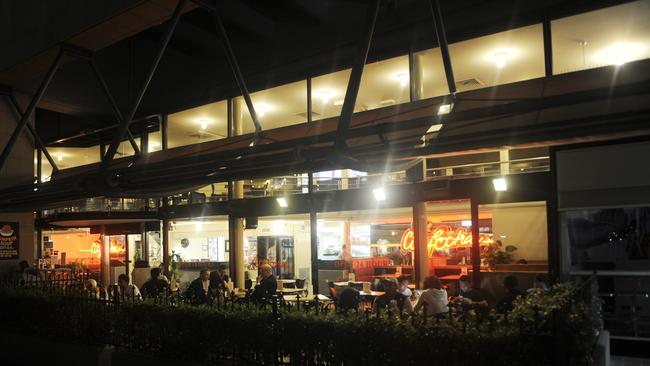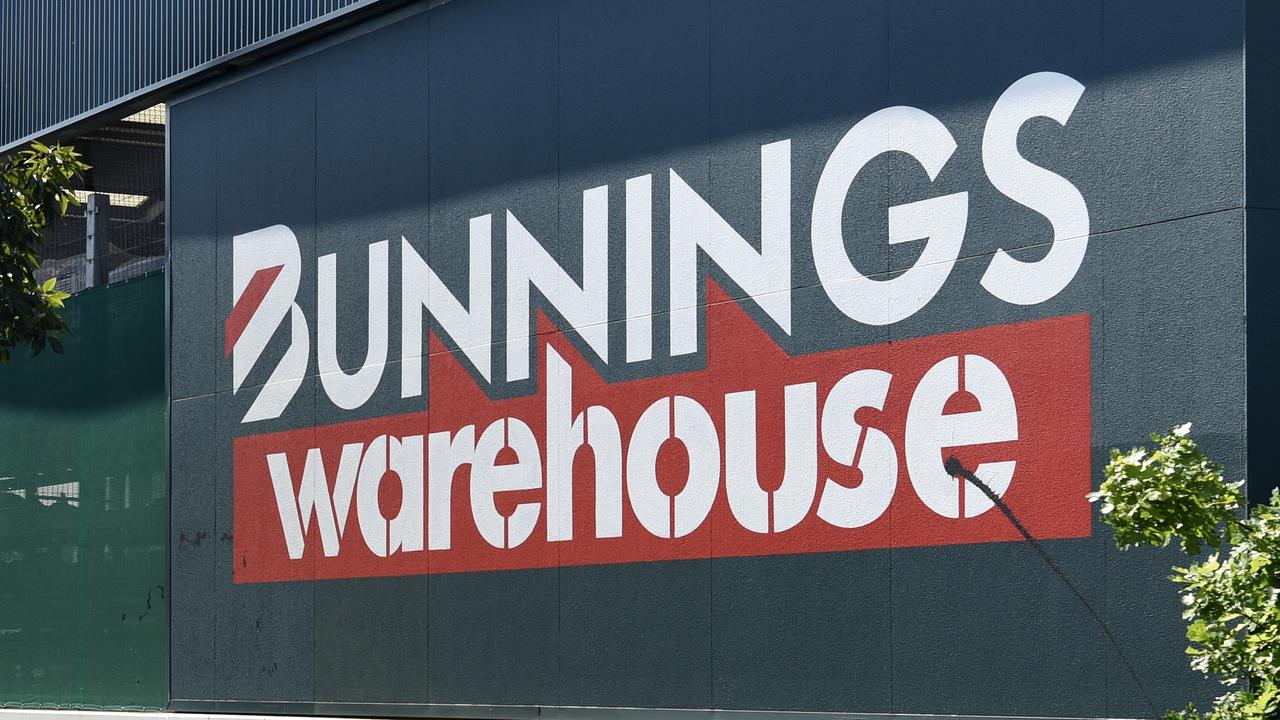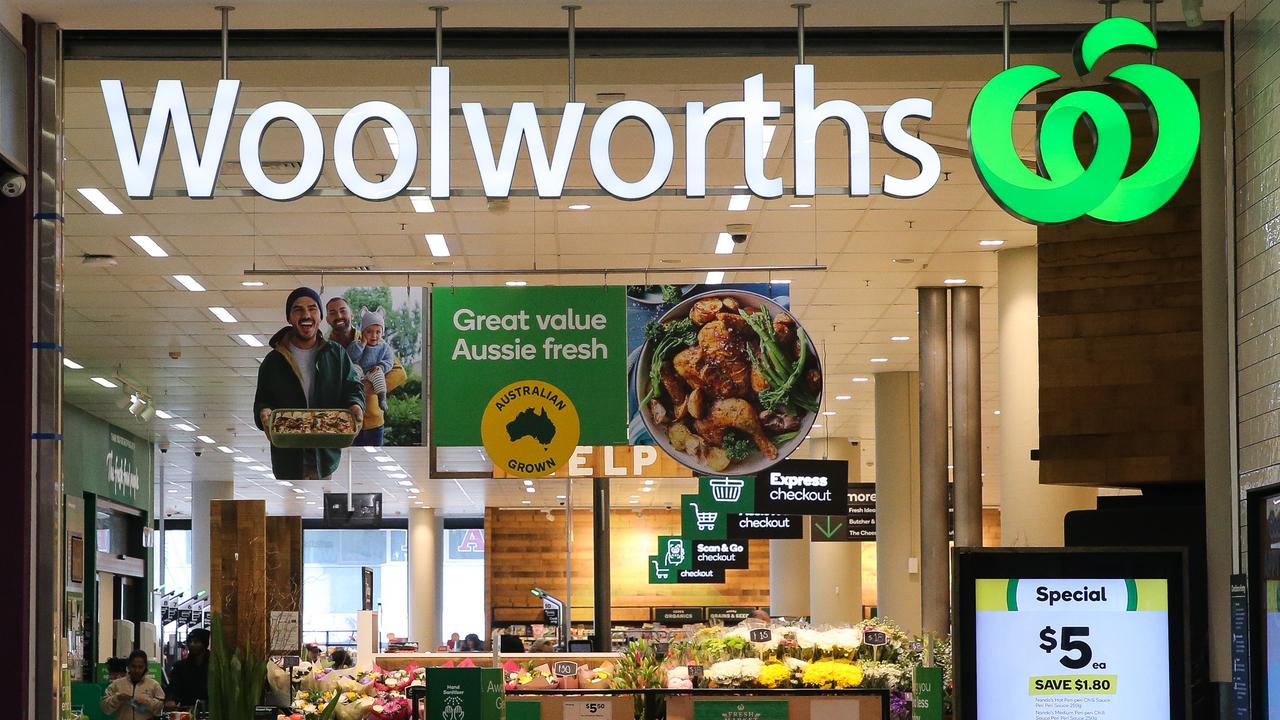Waiters feeling the PIN-ch as tipping dries up, but should we care?
THE switch to PIN-only credit card payments this month has waiters furious at their shrinking pay but the rest of Australia doesn’t give two hoots.
SEEN largely as an American import, tipping is a ritual many Australians loathe.
So they may be happy to hear tipping has reached a tipping point. The waiters are upset — but should the punters care at all?
If the reaction to this post on the news.com.au Facebook page is anything to go by, most of you couldn’t give two fifths of you-know-what.
The switch to PIN-only credit card payments at the start of the month has had a major impact on the hospitality industry. Some full-time workers have seen their take-home pay drop by hundreds of dollars a week since the switch.
The new arrangement means customers must pay for their meal at the machine, with a screen prompt to add a tip before user enters their PIN number.
It’s a change that has seriously messed with the delicate social ritual of tipping, argue the waiters.
Nick Powell, floor manager at Sydney’s Searock Grill, said his staff had seen a reduction of up to $250 per week since the changes. “When customers could sign, it gave them the chance in their own time to think about the service they received and whether they wanted to tip,” he said.
“With the PIN it removes that buffer zone, the comfort for the guest to decide. They don’t want to feel pressured while you’re standing there. And a lot of the time when the tip section comes up [on the Eftpos machine] they start to enter their PIN and have to start again.”
Several doors down at Eastbank Café Bar and Pizzeria, manager Sam Mekdad told a similar story. Tips have gone down by around 40 per cent, which Mr Mekdad attributed to the PIN changes.
“Before when people could sign, they had the opportunity to leave tips,” Mr Mekdad said. “Now it’s much more difficult — it’s rude to ask for a tip when the customer is using the machine.”
The move to PINs has left his staff around $300 per week worse off, he said.
Mark Ilitch, manager at City Extra restaurant just around the corner, said while he had definitely noticed a reduction in tips since the introduction of PINs, PayPass had had much more of an effect.

Mr Ilitch estimated tips had reduced by between 30 to 40 per cent since ‘tap-and-go’ payments began to gain popularity around 12 months ago.
“Tipping has definitely gone down with the PIN numbers, but PayPass has had much more of an impact,” Mr Ilitch said. “Nobody has been talking about that.”
David O’Byrne, acting national secretary of hospitality workers union United Voice, said it was a story he was hearing from members across the country.
“It’s pretty clear that one of the few bonuses of working in the hospitality industry is drying up,” he said. “The average wage is very low, there are high levels of casual staff, and one of the few bonuses you would get when you did provide service above the standard is now disappearing.”
Mr O’Byrne said it was too early to tell what the wider economic impact would be, but hit out at the restaurant and catering industry over Fair Work Australia’s decision to cut weekend penalty rates for casual staff.
That decision is currently being appealed by the United Voice in the Federal Court, with the next hearing scheduled for Monday August 25.
“At the same time that you’ve got tips drying up, you’ve got restaurants and caterers who in one breath say they want to help their workers, and in the next say they want to cut weekend rates,” he said.
Mr O’Byrne rejected claims the high weekend rates were negatively impacting employers. “The hospitality industry in Australia is growing — some places are closing but overall it is growing. There is a market there and they need to be able to hire good staff.
“Cutting weekend rates further puts pressure on the turnover in the industry. How do you build a skilled industry when you have such high levels of turnover and casualisation?”
Are you glad tipping is on the way out? Or do you feel for the hospitality workers? Leave your comments below or write to the author at frank.chung@news.com.au




